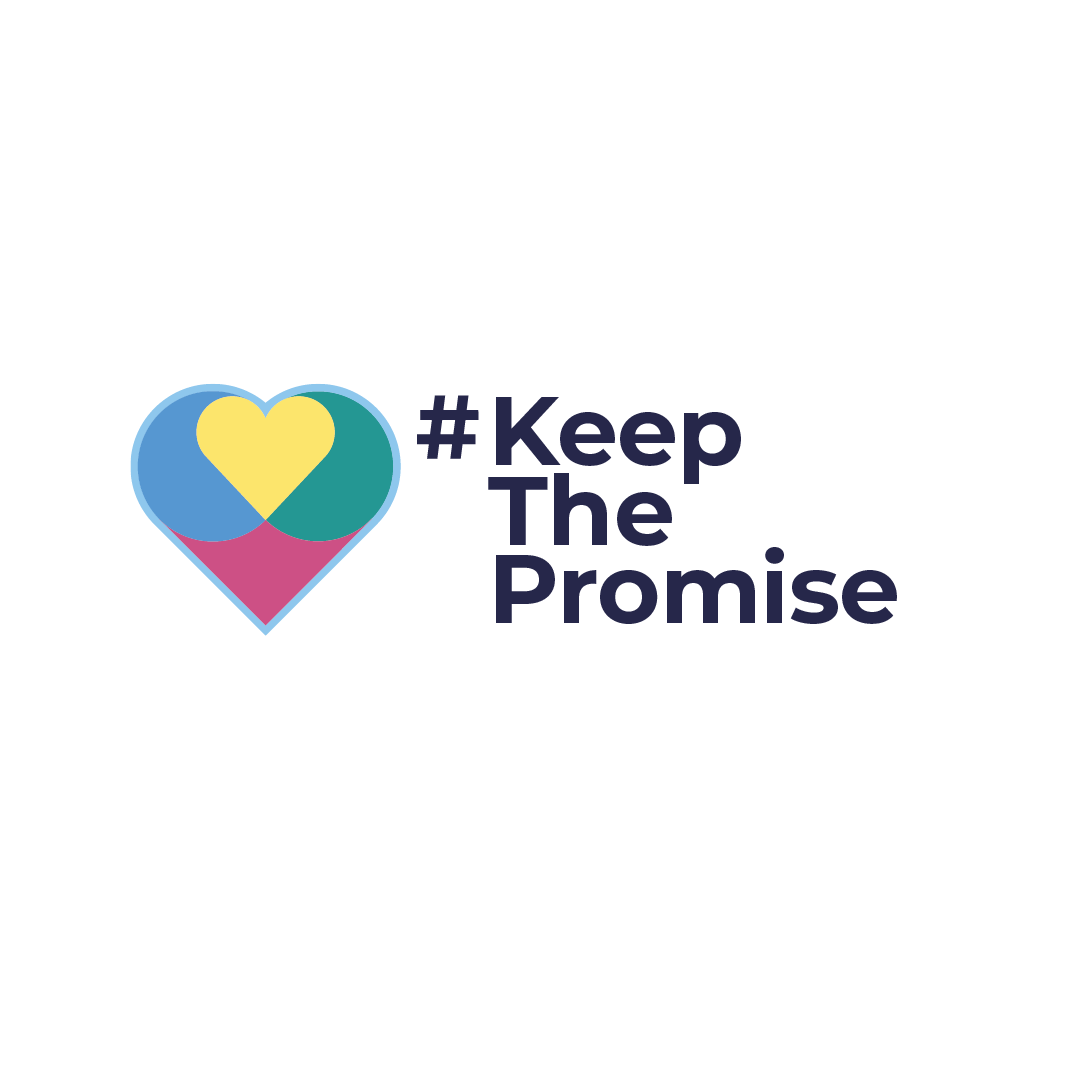World Homeless Day 2024: Homelessness and Mental Health
With World Mental Health Day and World Homeless Day sharing the same date, the SCCR's Aimee McDonald looks at the links between homelessness and mental health.
_IMAGE_FOR_APR.jpg)
World Mental Health Day and World Homeless Day share the same date: 10 October, 2024. It’s a suggestive coincidence.
Research shows that being homeless at a young age can have a huge impact on mental health across all stages of development, both in the short and the long term. At the SCCR, we work towards reducing the prevalence of both youth homelessness and mental health difficulties amongst young people.
Researchers have demonstrated how important a child’s environment and upbringing is on the development of their mental health. Homelessness is considered an Adverse Childhood Experience (ACE), a childhood trauma that has been linked with an increased likelihood of mental health problems, as well as physical health difficulties and poorer life outcomes in relationships, employment, education, and more.
Homelessness, despite being a traumatic experience in and of itself, often leads to further trauma due the circumstances and environment young people are forced to be in. The homeless population are at a significantly enhanced risk of crime victimisation, particularly violence, exploitation and abuse, compared with the general population.
This can then compound experiences of child and adolescent abuse and further complicate existing mental health difficulties. There are serious questions around how society might need to change to do better in keeping young homeless people safe.
Furthermore, studies reveal the extent of the profound impact that homelessness has on mental health for young people. One study demonstrates that 88 percent of British young people (aged 16-24) experiencing homelessness reported mental health problems (see Hodgson et al., 2015). Comparatively, around 20 percent of the general population in this age group report mental health problems (according to NHS figures from 2023).
Another key factor which comes into play here are relationships between young people and their families. Many young people who present as homeless cite family breakdown as the cause (63 percent).
Evidently youth homelesssness, family conflict, and mental health are strongly linked. Research paints a harrowing picture. However, on World Mental Health Day and World Homeless Day, we aim to shine a light on the difficulties experienced by young people experiencing homelessness.
We hope that in the coming years, recent research evidence and young people’s stories will be reflected upon and will lead to social, political, and most importantly meaningful positive change for young people.
At the SCCR, we aim to reduce youth homeless and improve understanding about family conflict and mental and emotional wellbeing for young people and their families. Our Learning Zone, developed alongside young people and families, contains a suite of psychoeducational resources aimed at providing the tools needed to learn about conflict and managing strong emotions. Hopefully, as our educational and online resources become more embedded in home and school, we will see the rates of youth homelessness dropping.
References
Reports
Edinburgh Cyrenians (2011) Mediation and Homelessness Prevention in Scotland





